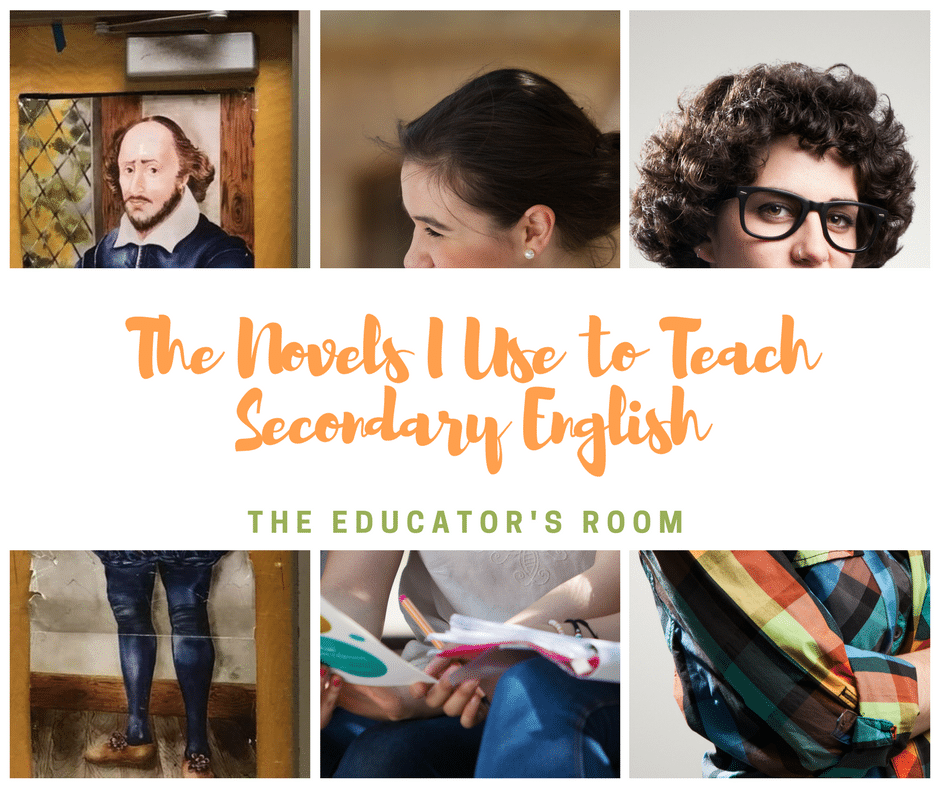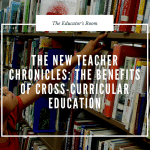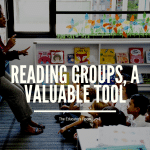The Novels I Use to Teach Secondary English
There are lots of wonderful things about teaching high school English. One of those is that I get to use a lot of fun novels to help my students reach the standards they need to achieve. To make it fun, I tried to pick a wide variety of novels and short stories. The novels are often the most fun to pick out. Here are the ones I’m using this year.
The Famous Novels
Some books that I use are fairly standard in secondary English classes. These include Lord of the Flies (1954), Animal Farm
(1945), and Macbeth
(1606). Animal Farm is an allegorical fable by George Orwell that is about the Russian Revolution. It teaches students about fables, allegory, and other literary devices. Since it’s a political allegory, it also encourages critical thinking by students. The main plot is about a group of schoolboys who find themselves stranded on an island. This book helps students examine the nature of humanity; are humans inherently good, evil, or a mix of both? It’s a tragedy that deals with power, corruption, and murder. Using Macbeth helps students see the way that Shakespeare used other works. It also helps students see how modern writers and directors use Shakespeare.
A Wrinkle in Time (1963) is a great book to use in the classroom since it wrestles with some deep philosophical questions, it is a wonderful example of a science fiction/fantasy novel. Since many of the educational standards include inferring the meanings of words from the rest of the text, this novel is a wonderful place for that. A Wrinkle in Time also is a wonderful novel to use to teach theme, plot, and character growth.
Less Well-Known Novels
Jack London is the well-known author of the novels White Fang and The Call of the Wild
. His novel The Sea-Wolf
is a wonderful novel as well. It highlights Jack London’s sense of adventure, but instead of being about dogs, it’s about sailing. The novel introduces a lot of new terms that are required to understand what is happening in the book. By reading the novel, students learn to infer the meanings of words through the context. The Sea-Wolf is a wonderful example of historical fiction that helps students learn more about character growth, writing style, theme, and plot. The Sea-Wolf is an excellent book to use in a classroom. It is also a wonderful novel that more people should read and enjoy.
Published in 1973, The Princess Bride would inspire the 1987 film of the same name. The novel has action, adventure, and romance. It helps students learn about another style of writing, and it shows the author’s sense of humor. Plus, I get to show the movie in class. Since it’s one of my favorites, this is a definite bonus. This helps students learn how to compare the same story in separate mediums. The Princess Bride is also a great way to inspire students to write their own stories. The witty jokes and the fun characters work well with the plot. This makes an enjoyable reading experience for your students.
The final novel that I use in my classroom is Running Loose. This novel was written by Chris Crutcher in 1983, and it’s one of the newer books I use. It’s realistic fiction that focuses on a high school athlete. Since many high schoolers can relate to the struggles of another high schooler, this novel is a popular one. It not only introduces realistic fiction, it also helps students put themselves into the shoes of the protagonist. It also provides a view of life in the 1980s, showing just how much things have and haven’t changed.
All the novels that I use in my classroom serve a specific purpose. I use them all to help my students learn about critical thinking and the use of context to learning the meaning of unknown words. By using novels by a variety of authors, students see different styles of writing. By using novels written in different decades, the students get an idea of the differences between those decades. These are some fun novels that I like to use to help my students learn that.







Macbeth is not a novel.